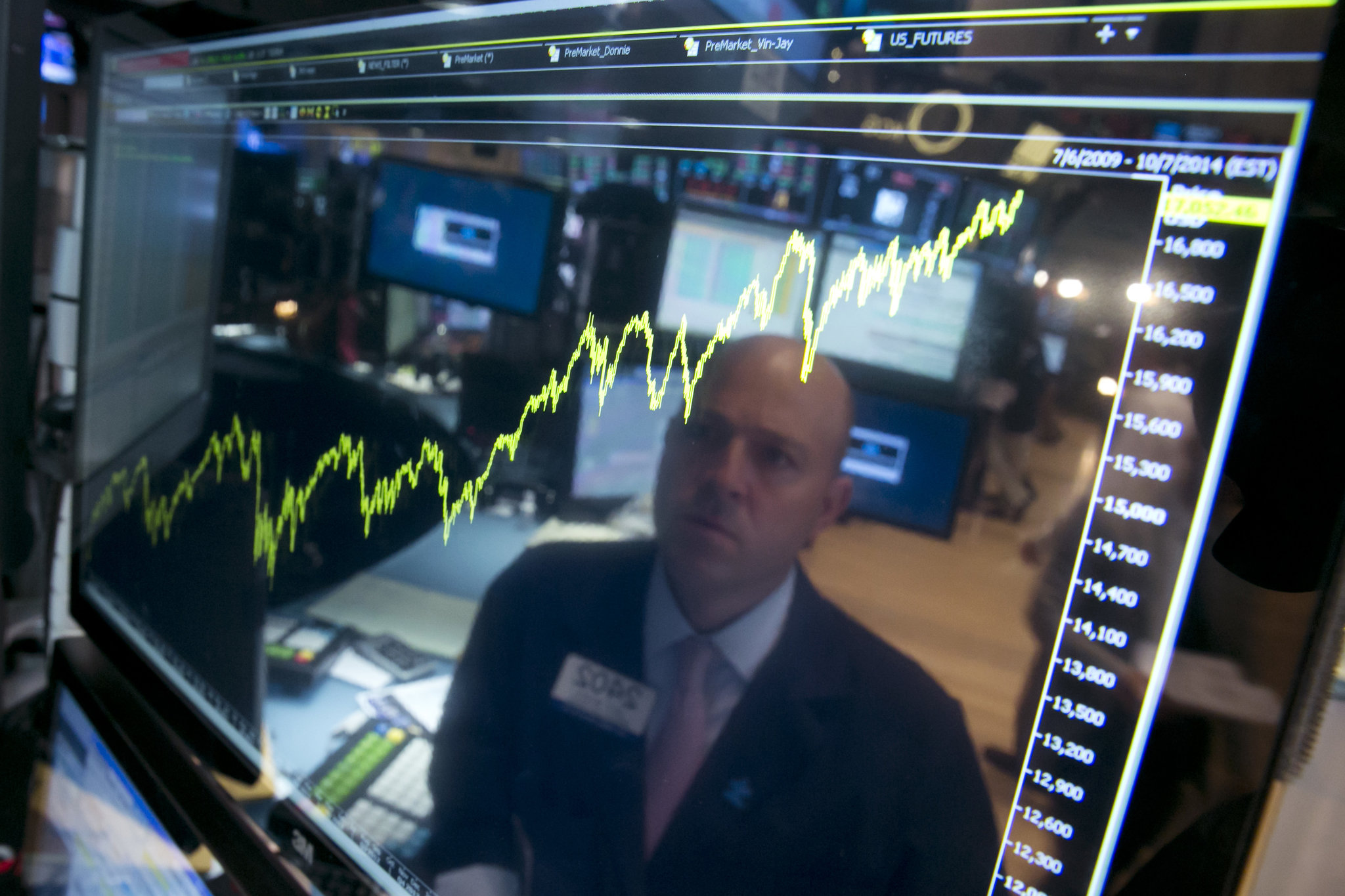Brokerdealer.com blog update courtesy of extract from Traders Magazine 07.23 story by John D’Antona
A Middle East stock exchange is tapping the knowledge of one of the Northeast’s bourses.
The Bahrain Bourse and NASDAQ OMX have joined forces with the former activating its newest trading engine, which is powered by NASDAQ OMX’s X-stream trading platform. The project went live on Monday, July 14, providing Bahrain Bourse with a multi-asset trading platform.
“Replacing our trading platform is a milestone in the history of the Kingdom of Bahrain’s capital market, and is one of the key projects of the Bourse’s strategy that was adopted in 2011 to develop all work aspects at Bahrain Bourse,” said The Shaikh Khalifa bin Ebrahim Al-Khalifa, chief executive at the Bahrain Bourse.
Bahrain’s new platform will enable it to provide more and advanced trading options for brokerdealers and investors and a variety of market participants, as well as create innovative products and services to match international demand. In addition to the new X-stream technology, the Middle East exchange will also continue to leverage the existing CSD technologies that have been provided and supported by NASDAQ OMX since 2000.
NASDAQ OMX’s exchange technology, including trading, clearing, CSD and market surveillance systems, is in operation in over 100 marketplaces across USA, Europe, Asia, Australia, Africa and Middle East.
The Bahrain Bourse was established as a shareholding company in 2010 to replace the Bahrain Stock Exchange that was established in 1987. There are 50 companies listed on the exchange, two mutual funds, and nine bonds/Islamic Sukuk. The three indices tracking the market’s performance are the Bahrain All Share Index, the Esterad Index (which consists of a basket of selected local-publicly listed companies), and the Dow Jones Bahrain Index.
Since its establishment, BHB has joined several regional and international organizations such as World Federation of Exchanges, Arab Federation of Exchanges, Federation of Euro-Asian Stock Exchanges and the Africa & Middle East Depositories Association.

